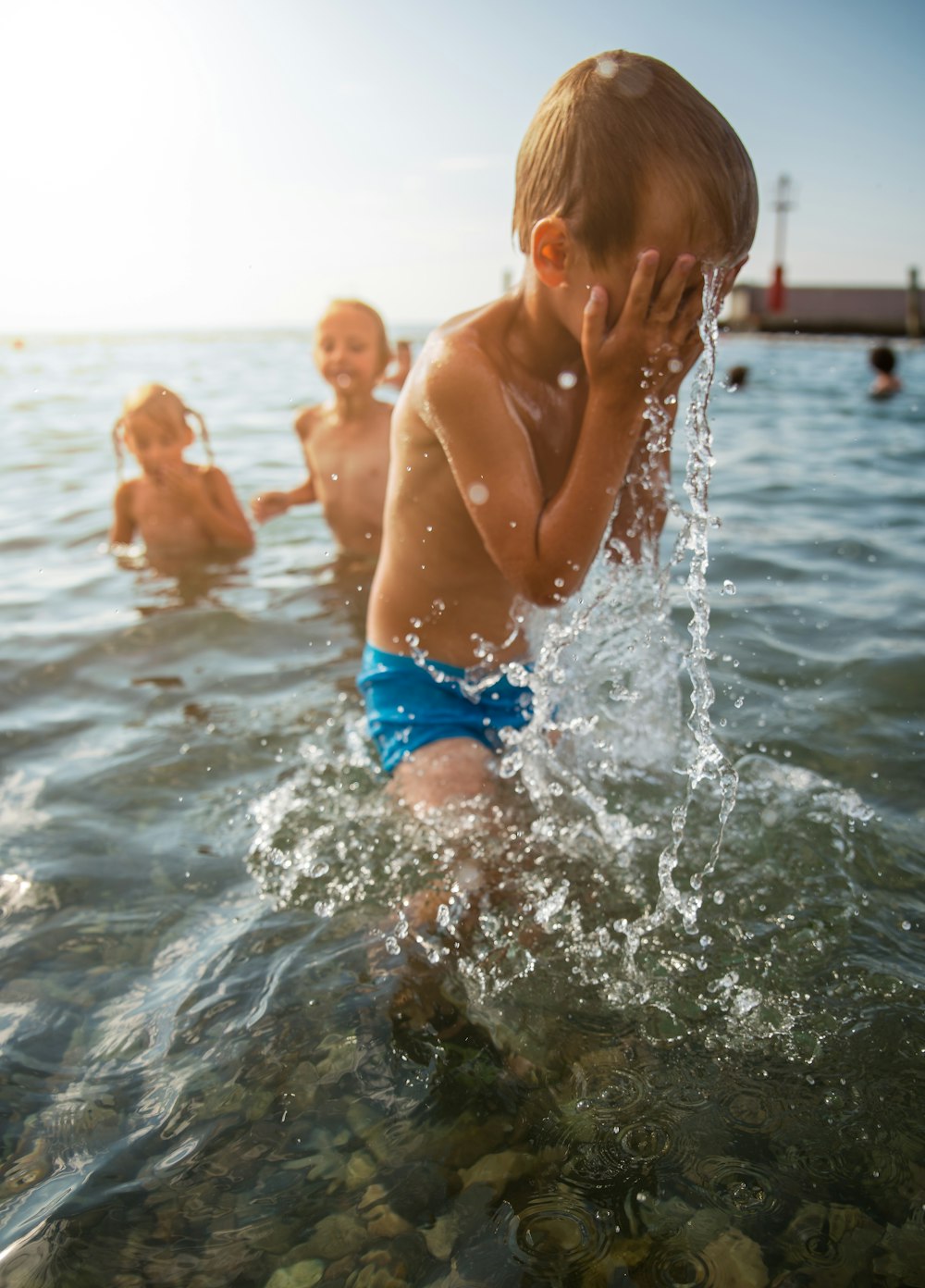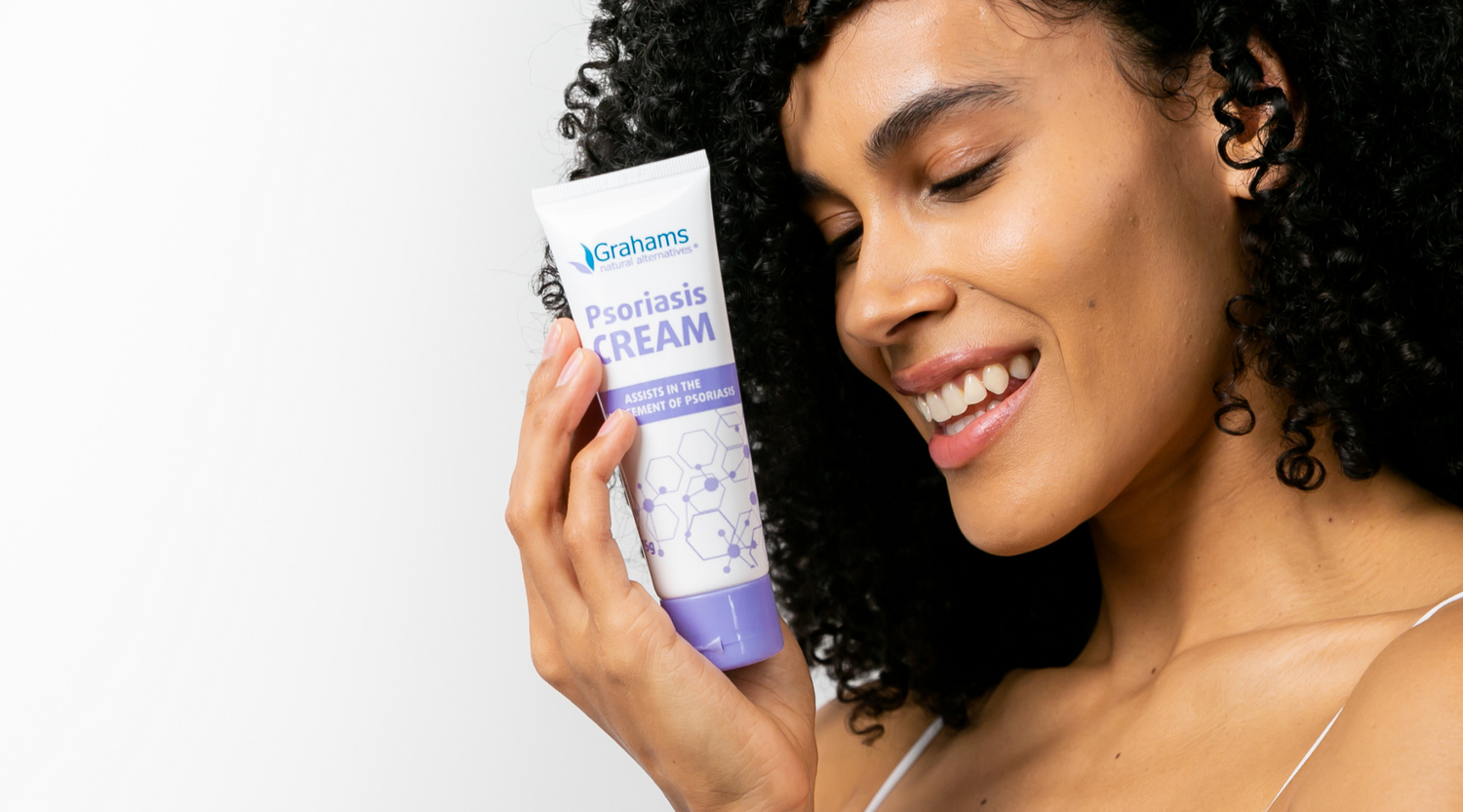The social stigma of skin conditions is becoming increasingly more prevalent. Discrimination of skin sufferers can cause them to feel isolated, self-conscious, anxious, and severely depressed. Not just adults are feeling this way, children and teenagers are also affected which can inhibit their social development.
New research by Grahams Natural Alternatives explores how adults and children are affected not just physically but psychologically when suffering with common skin conditions like eczema. 1 in 3 people suffering from skin conditions are discriminated against including being socially excluded and 7 out of 10 people with skin conditions feel self-conscious about their flare-ups.
This is even more prevalent in children, with 52% of parents who have children with skin conditions say their child is embarrassed of their skin condition. This differs with age as well; younger children are more likely to feel self-conscious with 70% of parents with infants under 5 reporting that their child struggles with their skin condition in this way compared to 56% for 5-15 years.
The survey has also found that 1 in 10 people, including those without skin complaints, admit to excluding others from activities because of their illnesses. Over a quarter (29%) of the people surveyed who suffer themselves say that they have been prevented from going swimming and almost a quarter (23%) haven’t worn lighter more exposing clothing in warmer weather because of their skin condition.
For children, the impact of eczema on their social development can be significant as it can affect their ability to enjoy sports, swimming, excursions, birthdays and even simply socialising with peers. In turn, this can cause a ripple effect to parents as they get stressed and frustrated watching their child suffer.
Personal Story:
Geoff Graham lived this life from a baby and when his son was born and developed the same debilitated Eczema skin condition, Geoff was determined not let him suffer physically , thus developing a natural treatment to treat Ryan’s skin condition and help limit the time Ryan spent feeling bad about his skin.
Geoff knew, through experience, the physical and mental stress, that his skin condition had caused him. Because of this he did not want to create a simple moisturising cream, but instead a total treatment product (Anti-Bacterial, Anti-inflammatory, and hydrating) that catered for all the components of a skin condition.
This meant designing a product specially suited to that specific skin condition. For example, a product for Eczema, a product for Psoriasis and a separate product for Rosacea and not just a generally derived product for all conditions lumped into one. But then to take this to the next level and get the product ingredients scientifically formulated, so that anyone buying a Grahams product can have the absolute confidence that the product is not only natural, but also clinically formulated to work against their specific skin condition.
Geoff knew by doing this, not only would this provide the best total treatment, but provide effective relief to sufferers and hopefully a treatment solution for them, so that they would be able to enjoy and engage more in a normal and routine life. Not a band-aid, but a total solution.
This goes to the heart of why Geoff developed this range of natural products. Not only to naturally treat his son’s condition and help provide him with a normal life but to try and help the huge proportion of people that suffer with skin conditions across the world.
Helping Children Deal with their Skin Condition
A good place to start is to begin learning what triggers their flare-ups as this will help the long-term management of the condition. The transition to naturally formulated products is crucial as harsh chemicals can dry the skin out and cause further irritation of the skin.
Whilst the physical support is important, the emotional support you provide for your child is significant. Supporting your child emotionally can be as simple as explaining to them that eczema is not contagious and the appearance of the rash on the skin can be managed. Dealing with bullying and other social interaction limitations can be done through listening and providing solutions. Encourage and teach your child to be confident and speak up for themselves to help prevent social anxiety.
Eczema flare ups are known to be associated with stress and so helping your child relax will not only help their eczema but relieve some psychological stress as well. Keeping a consistent routine will help limit anxiety and stress on your child. Relaxation techniques help reduce the physiological effects of stress by loosening muscles, deepening breaths, and decreasing heart rate. Relaxation resources are readily available which can be beneficial such as guided breathing techniques and simple stretching videos.







